Assistant Principal
Katrina Spicer - Wellbeing
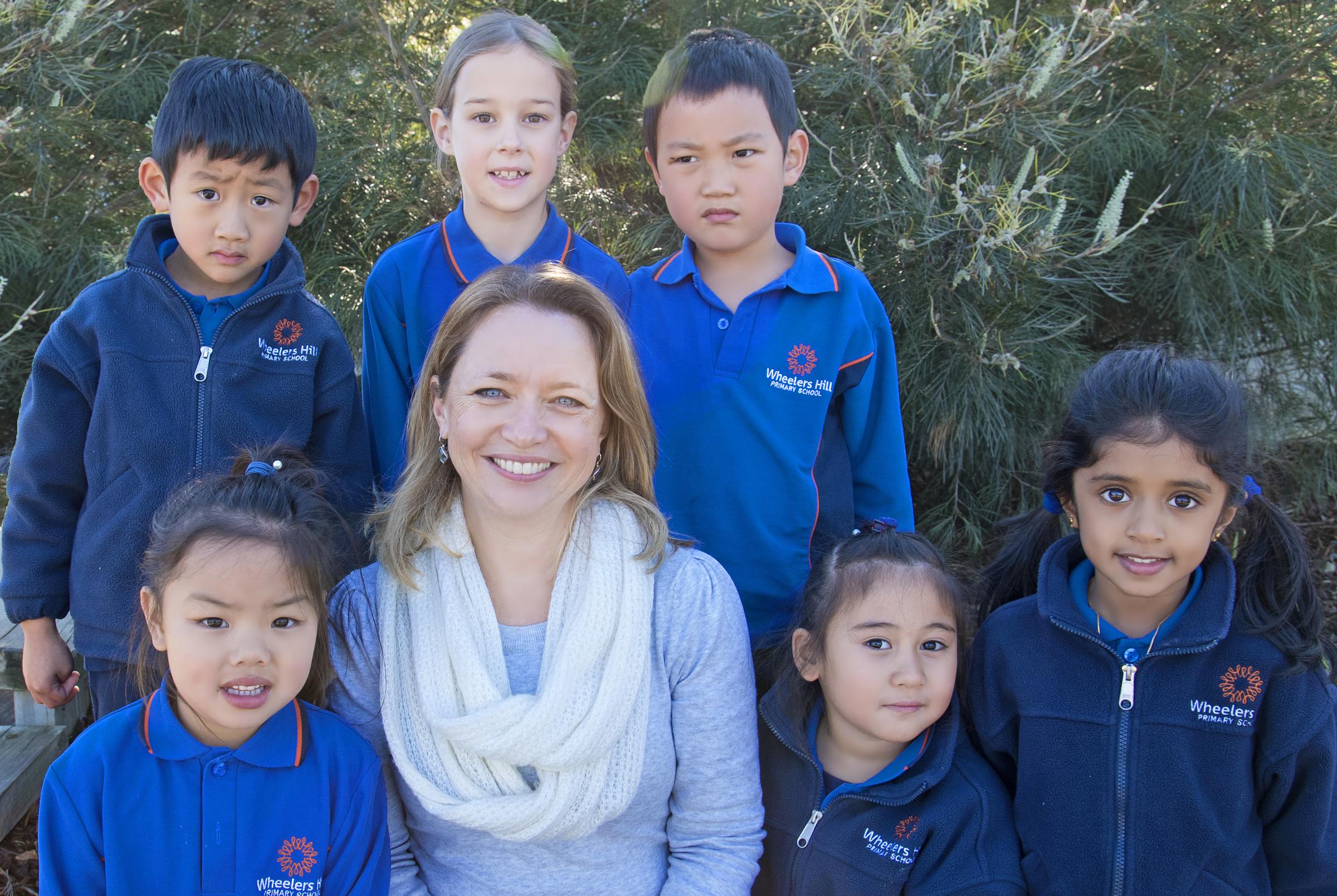
Assistant Principal
Katrina Spicer - Wellbeing
Today we celebrated Footy Day, with our students wearing the colours of their favourite AFL team. Assembly on the oval was followed by a footy parade. We then had a staff goal kicking competition, which was won by the amazing Miss Lizzy Dent.
Thank you to those of you who brought along a gold coin donation which will go towards the My Room Children's Cancer Charity in support of Team Lukazade.
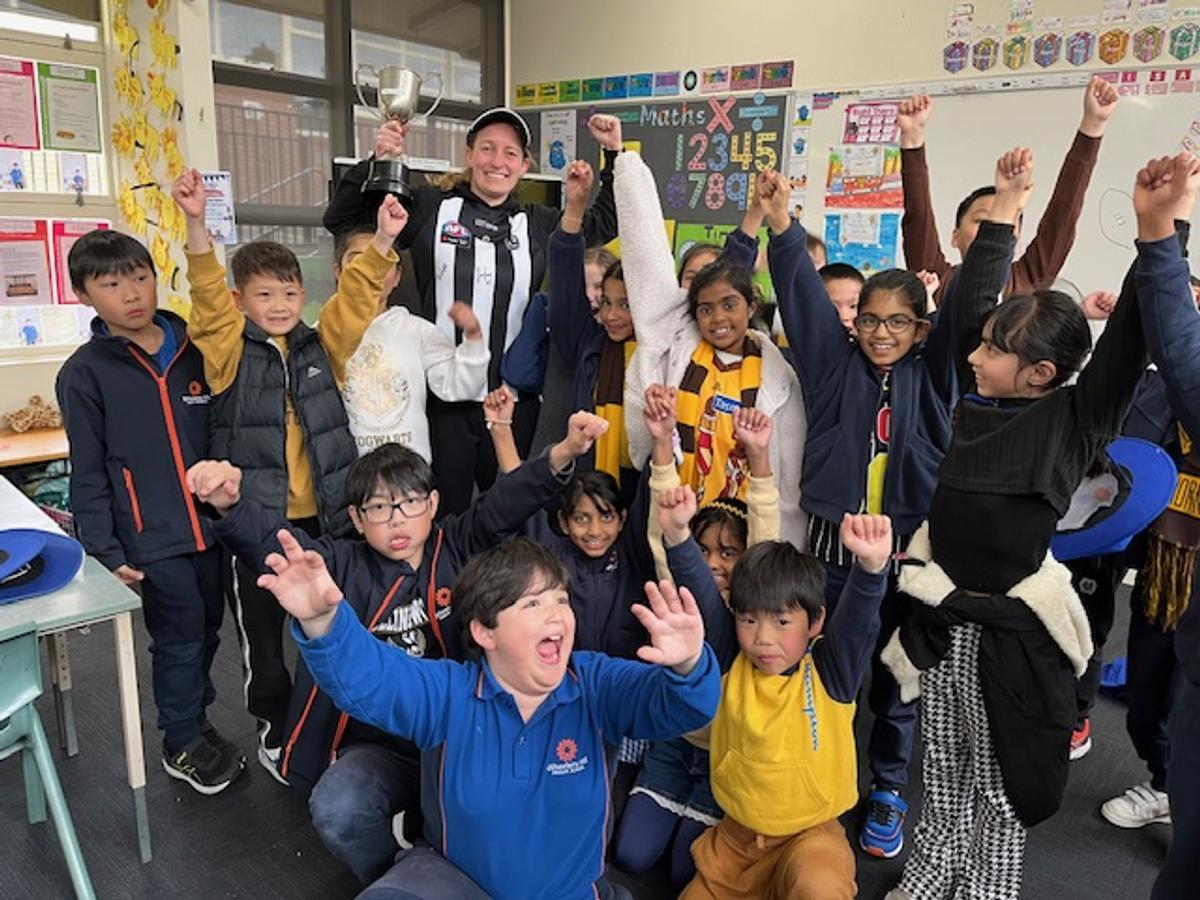

The whole school voted overwhelmingly for Class Parties as our end of term SWPBS reward. Yesterday every year level participated in fun activities and party games. Some classes even indulged in some fun party food.
What a lovely way to celebrate the end of term.
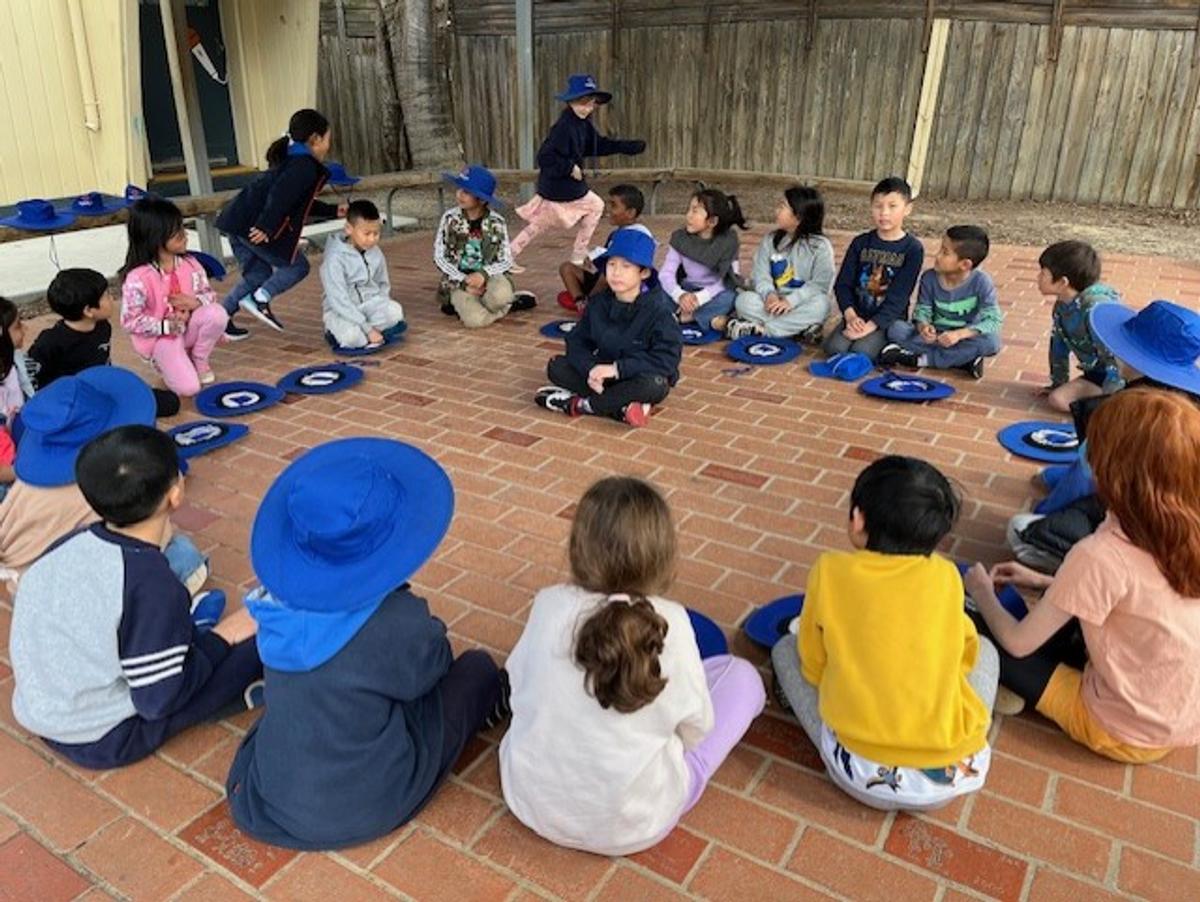
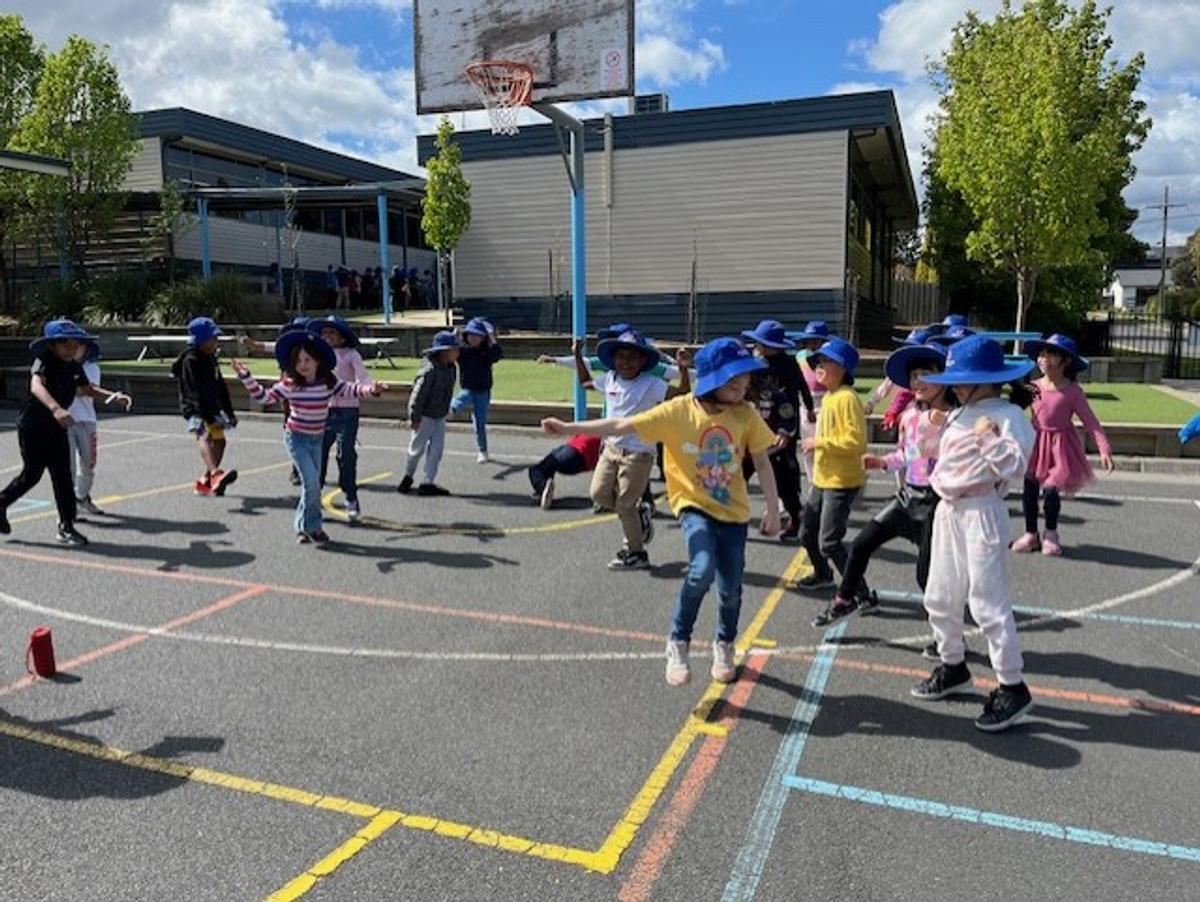
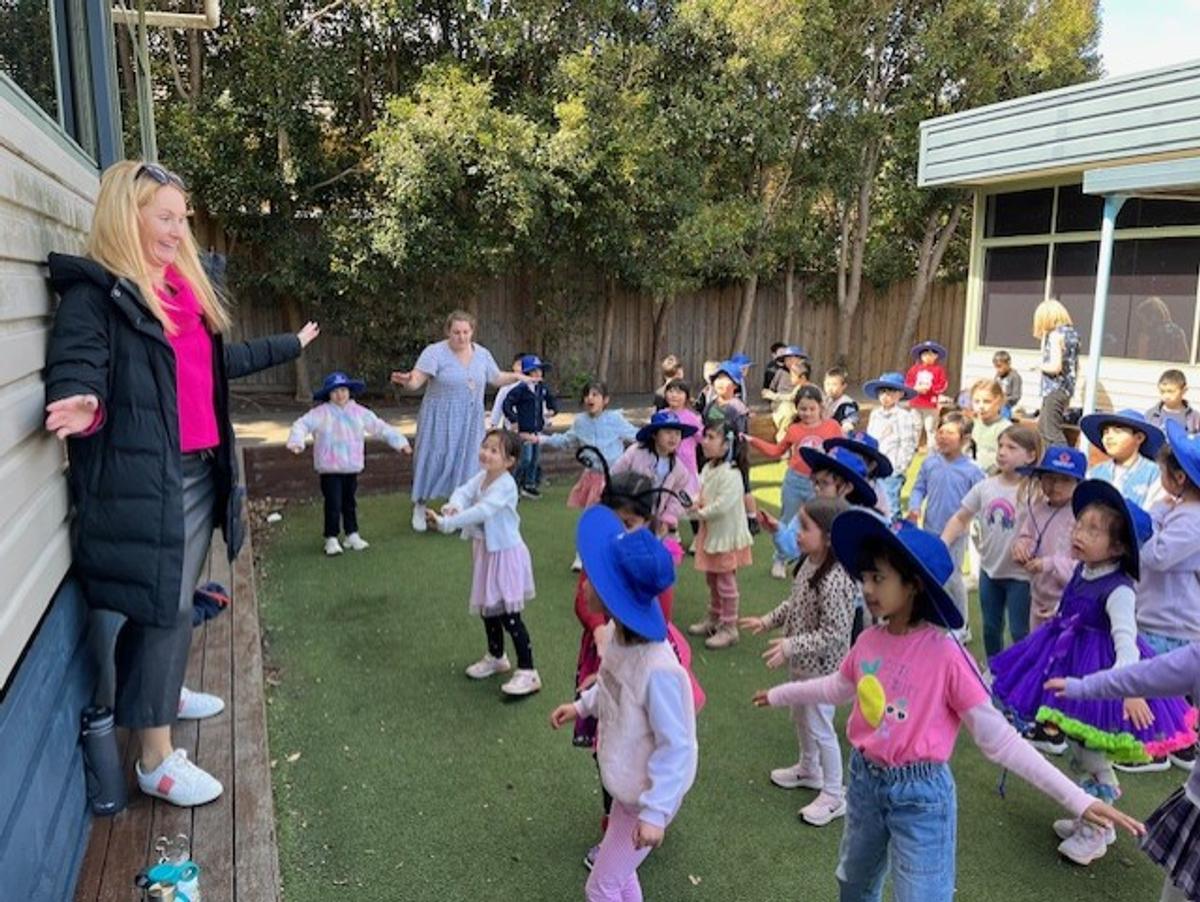
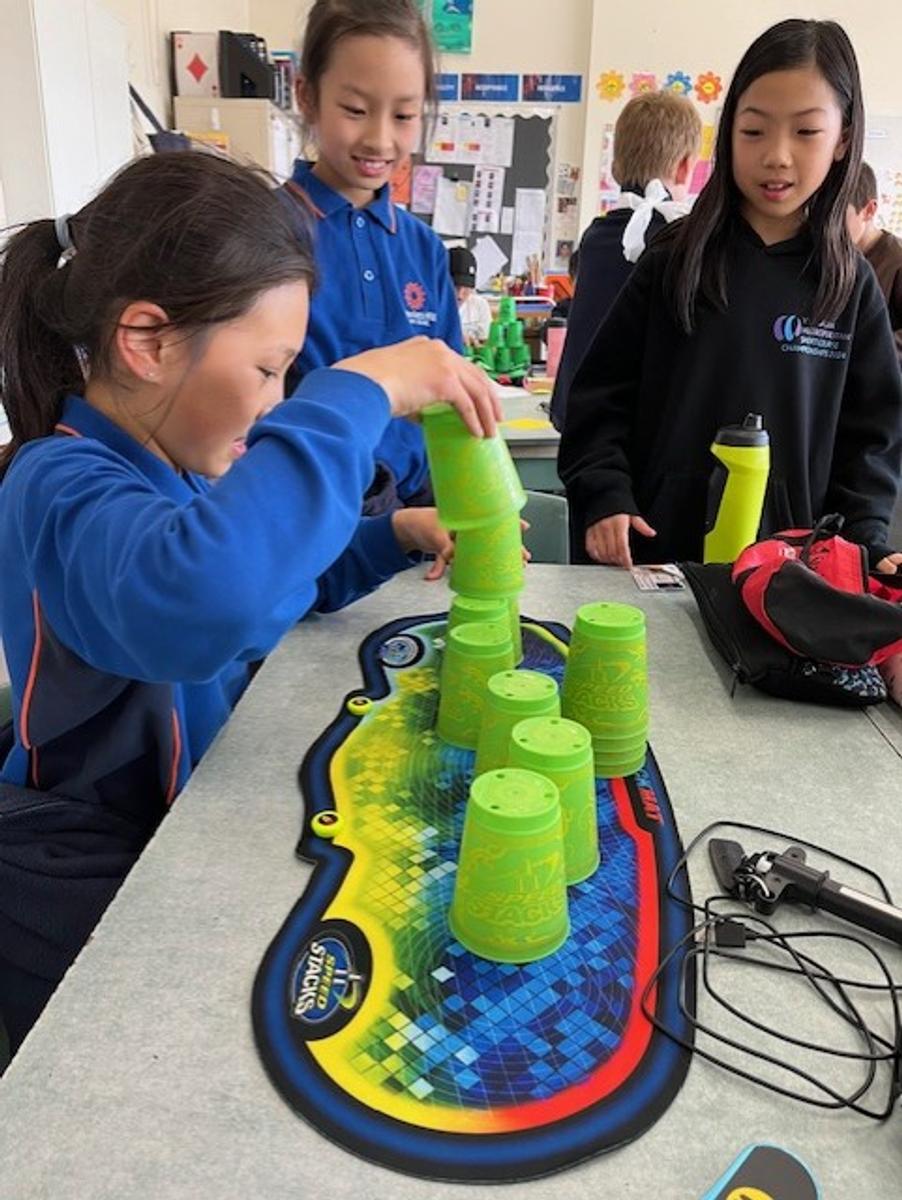
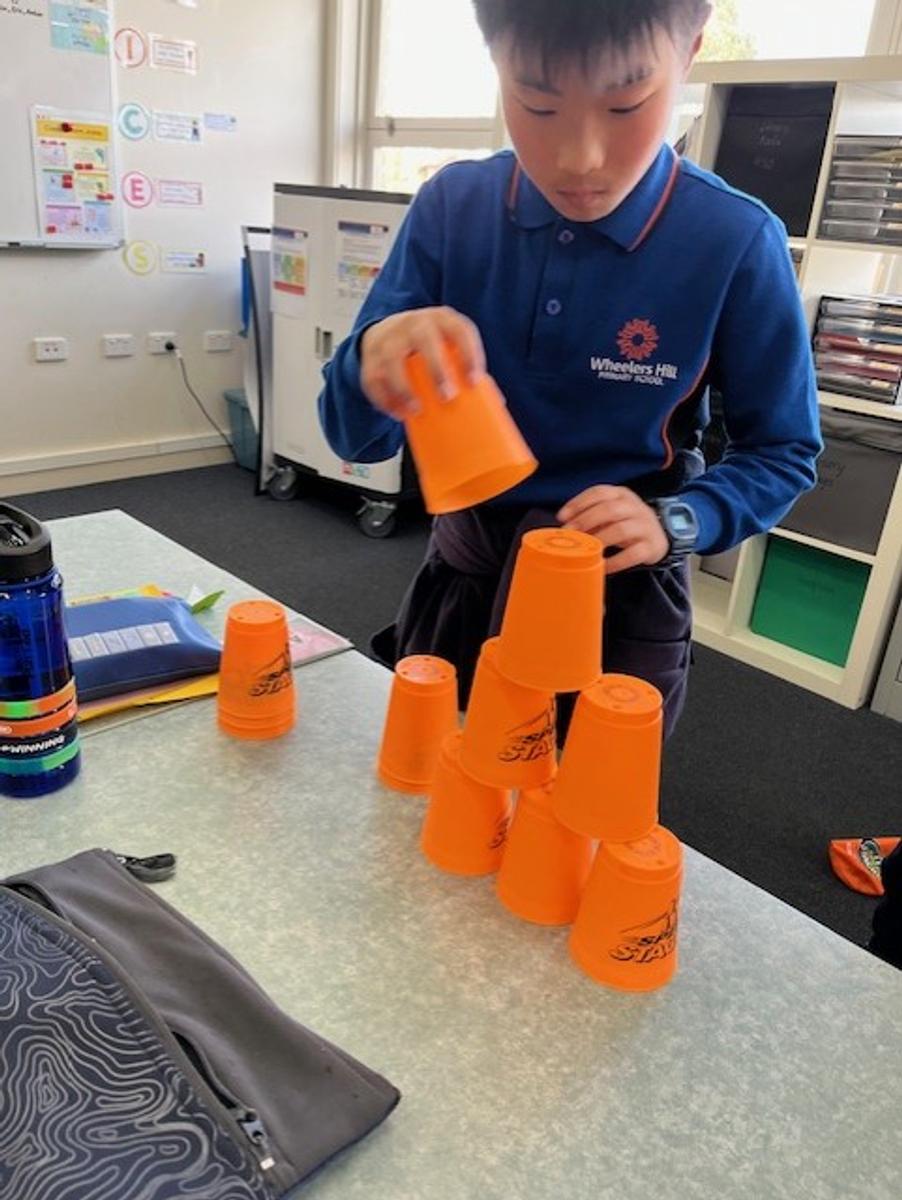
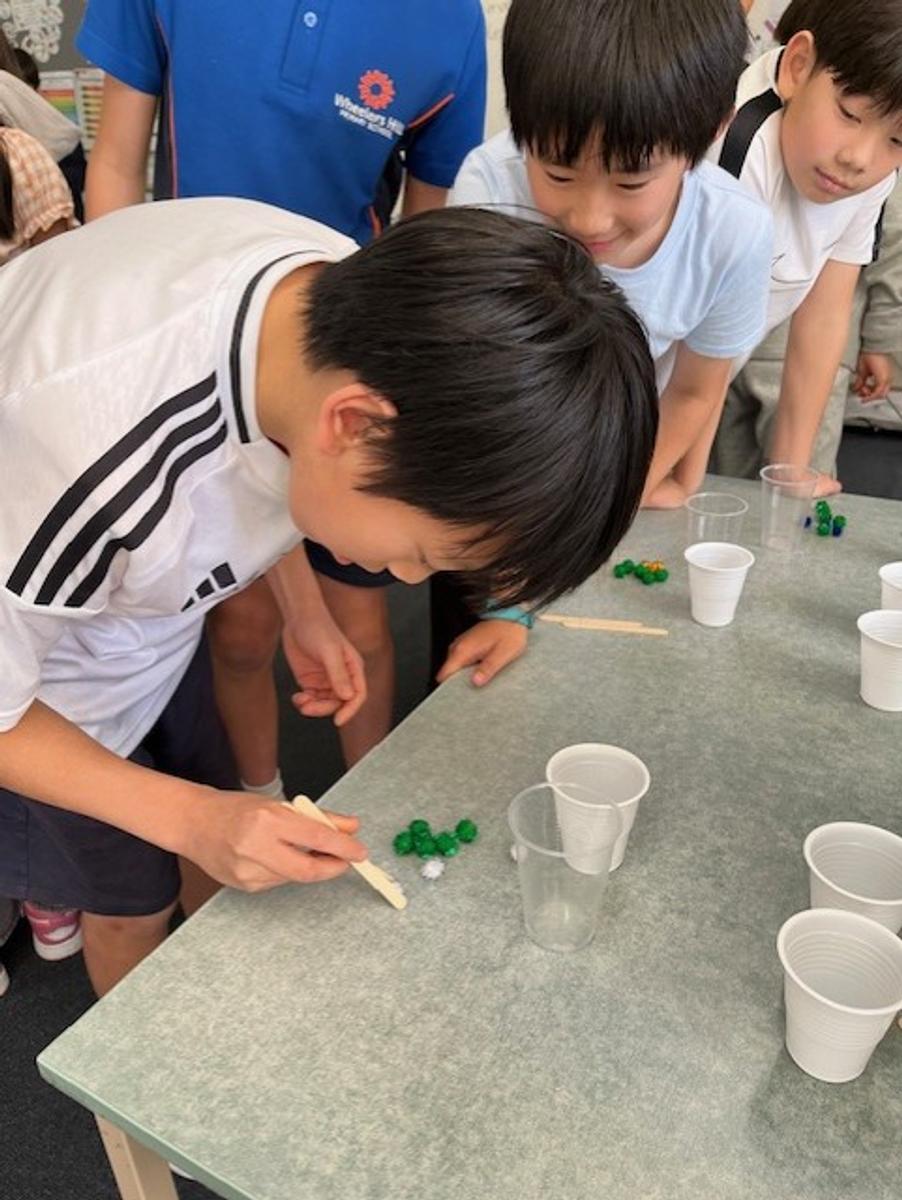
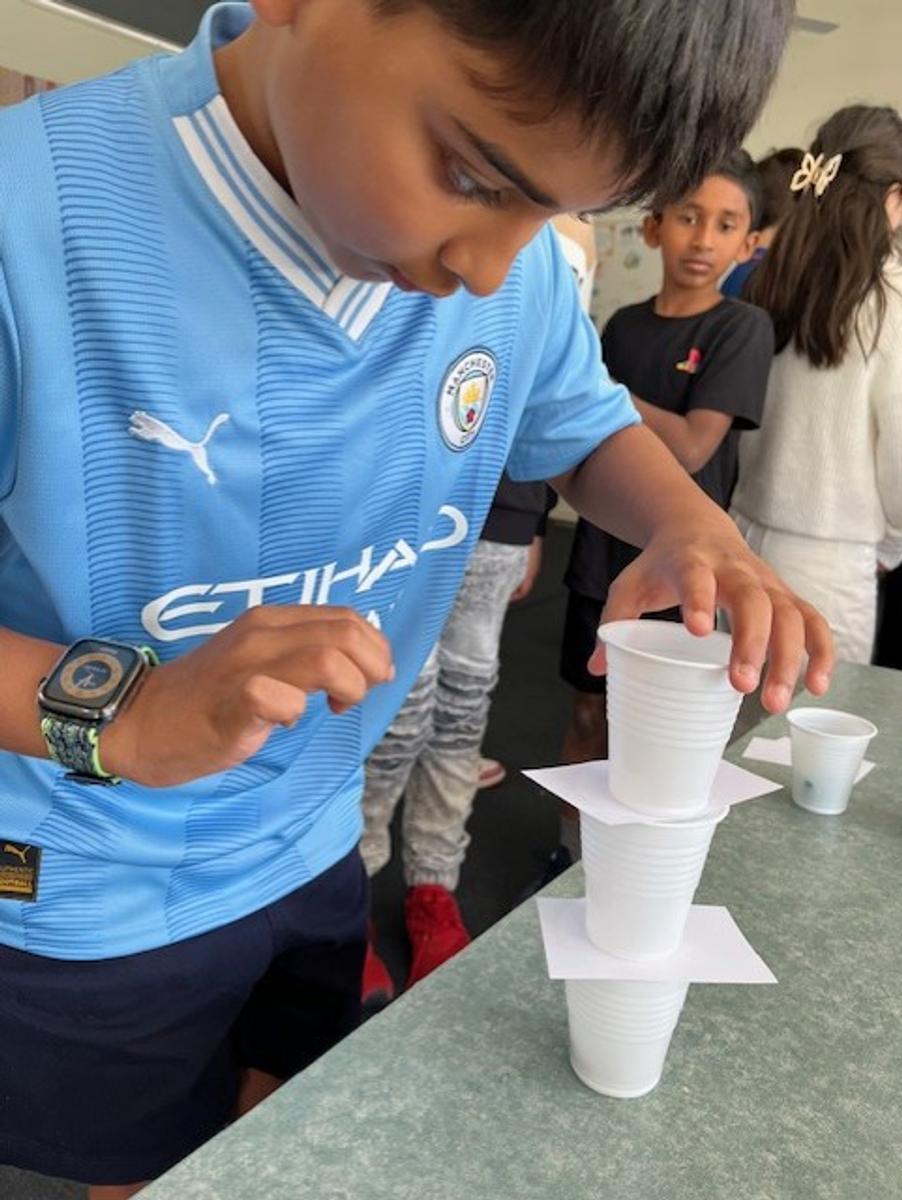
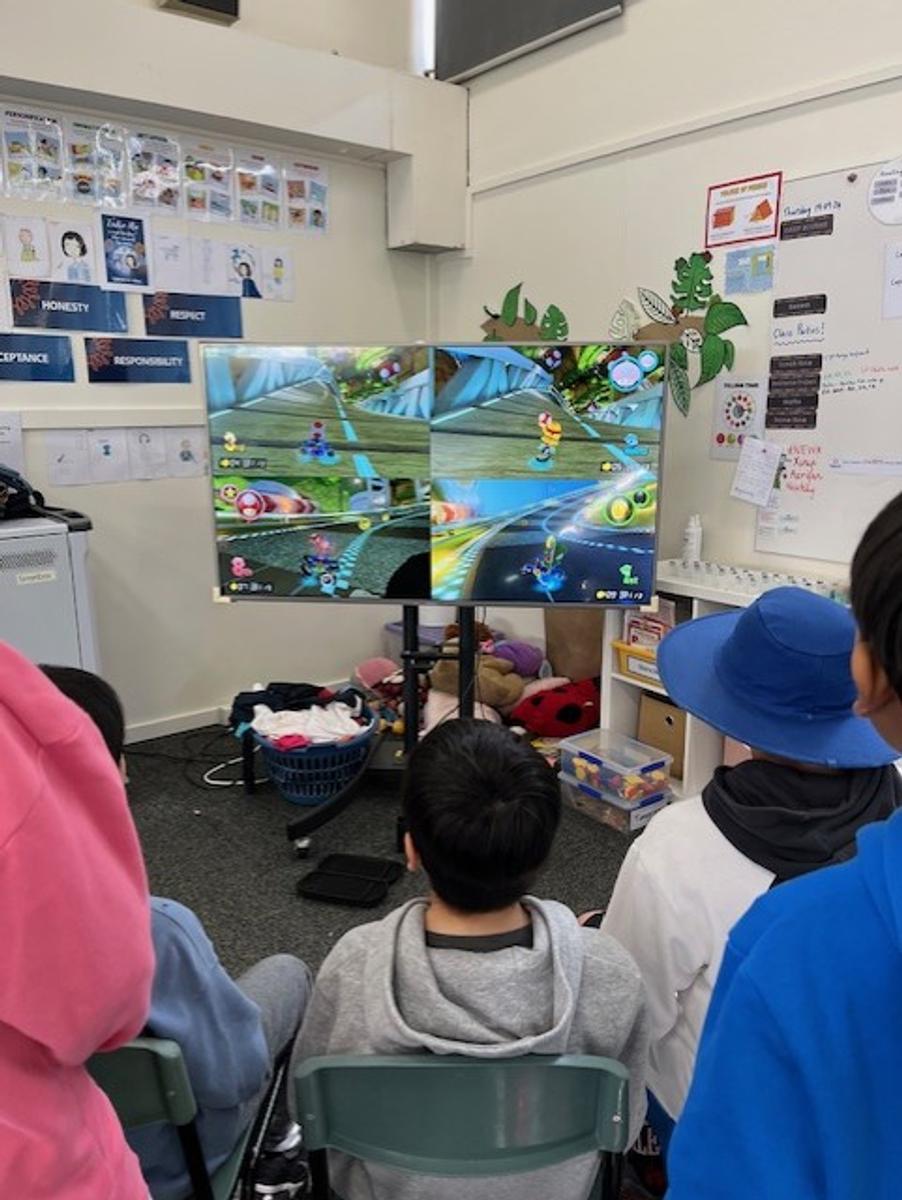
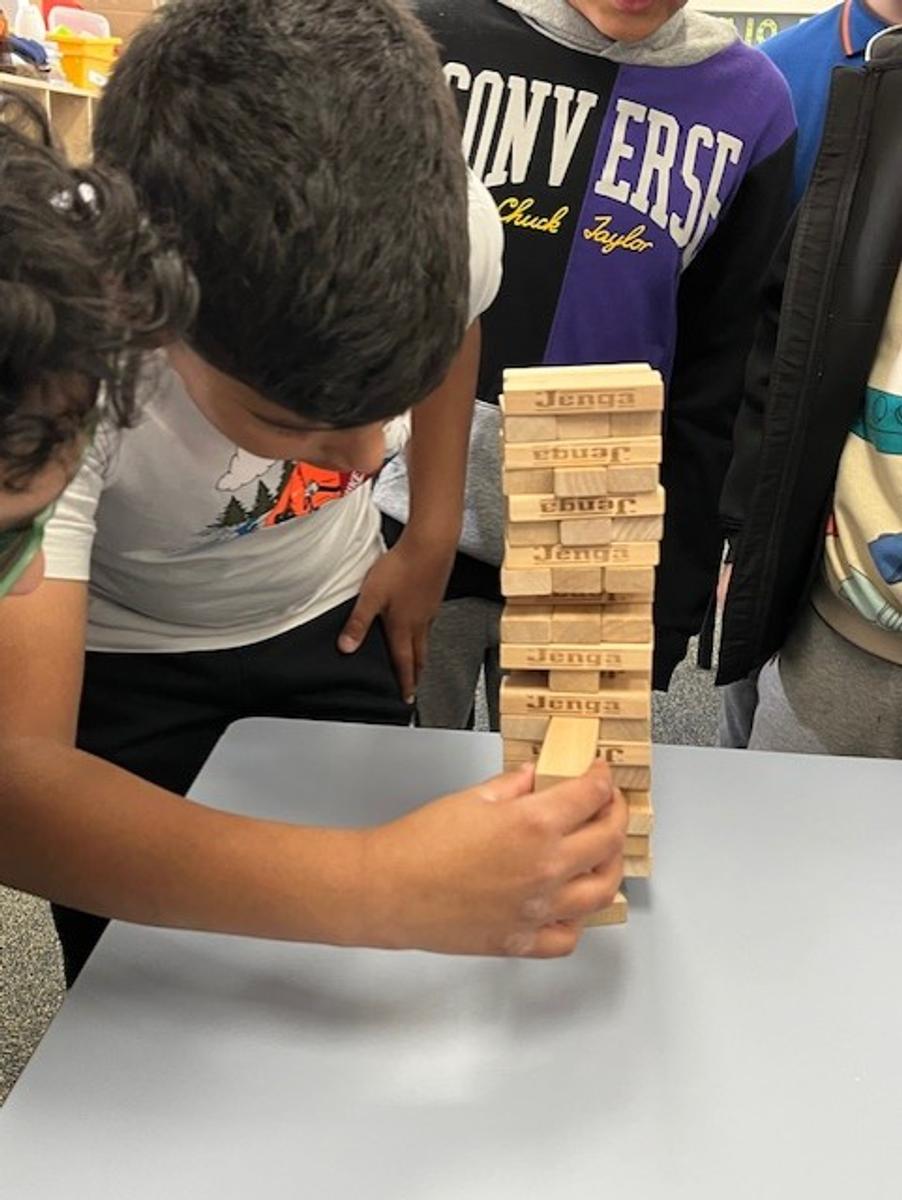









I was privileged to attend both a dress rehearsal and a performance of the 2024 State Schools Spectacular at John Cain Arena last weekend. After months of preparation and rehearsals, 20 of our year 5 and 6 students performed their hearts out as part of the almost 1000 member Mass Choir. What a wonderful experience for these students!
Of course, this kind of thing cannot happen without the hard work and dedication of our wonderful teachers. Thank you so much to Sarah Quinn and Emma Roughton who worked exceptionally hard behind the scenes to prepare the students, and who gave up many hours of their own time to ensure the best experience for our students.
See the VSSS page later in the newsletter for more information and pictures of the event.
We hope to offer this opportunity to 20 more students in 2025.
Wishing everybody a restful and rejuvenating school holidays.
I look forward to seeing you all on Monday, 7th October for the first day of Term 4.


Katrina Spicer
Assistant Principal for Wellbeing and Inclusion
katrina.spicer@education.vic.gov.au


Written by Dr Justin Coulson
Remember playgrounds? I’m talking about the real deal: towering metal structures, splintery wooden forts, rocket ships you could climb up into for forever, and swings that sent you soaring; playgrounds where skinned knees and the occasional lost tooth were badges of honour, not cause for panic.
Today, those playgrounds are becoming an endangered species. In their place, we’ve erected sanitised, plastic-coated play areas that prioritise safety over adventure. Rather than making playgrounds safe as necessary, we’re making them safe as possible. Swings barely leave the ground, monkey bars are disappearing, soft fall cushions the ground and the merry-go-round? It’s been banished to the realm of nostalgia.
We’ve become so obsessed with a well-intentioned desire to protect our kids from every possible bump and bruise that we’ve forgotten something crucial: kids need risk.
They need to climb, jump, fall and get back up again. They need to test their limits, push their boundaries and experience the thrill of conquering a challenge.
And I’m talking about all kids. Typically developing kids, children with disabilities, neurodivergent kids… the lot. Taking risks is how we build competence, and with competence comes confidence and self-esteem
Renowned psychiatrist and mental health expert, Professor Patrick McGorry, has found that Australian young people are second only to US youth when it comes to mental health challenges. And researchers like New York University’s Jonathan Haidt have linked the decline in risky play to the rising rates of anxiety and depression Professor McGorry describes in his recent studies. The argument: kids who are constantly shielded from risk may grow up feeling ill-equipped to handle life’s inevitable challenges. They may become overly cautious, afraid to step outside their comfort zones, and paralysed by fear of failure.
It makes sense, though. We love our kids. We want them to be safe. The last thing we want is for them to break their arm. And yet… aren’t those some of the very best stories we tell for the rest of our lives? Stories of adventure and misfortune; stories about how we scored our scars?
The Biosphere 2 experiment offers a cautionary tale. Scientists tried to create a perfect, self-sustaining ecosystem, but the failed miserably. The trees grew tall, fast and straight. But then they toppled. They sere too top heavy. Their roots were too shallow because there was no wind in Biosphere 2. The trees lacked the ‘stress wood’ that develops in response to challenges (like windy days).
Our kids are like those trees. They’re growing up in a controlled environment, protected from the harsh realities of the world. But when they finally venture out on their own, they’re going to get knocked down. And if they haven’t developed the resilience – the stress wood – to get back up, they’re going to struggle.
Let’s be clear. Risky play is not:
I’m not suggesting that we throw caution to the wind or encourage reckless behaviour. It’s about finding a balance. It’s about creating playgrounds and environments where kids can explore their limits within a safe and supportive framework. It’s about encouraging them to climb trees, build forts, and jump off swings, while also providing guidance and supervision.
The benefits of risky play are undeniable.
Studies have shown that kids who engage in such play:
Research also shows that risky play is essential for building resilience, confidence and problem-solving skills. It helps kids learn to assess risk, make decisions and navigate the world on their own terms. And the American and Canadian Paediatric Societies are both encouraging parents to help their kids take more risks!
By denying children of these opportunities, we’re not just robbing them of fun – we’re stunting their development.
So let’s reclaim the playground as a space for adventure and exploration. Let’s embrace the scraped knees, the joyful shouts, and the occasional tears that are an inevitable part of childhood because school camp is hard, riding down the hill is scary or the wind is blowing strong. Let’s trust our kids to navigate the world, to take risks and to discover the resilience that lies within. And let’s turn off the computer/tablet screens so they can get out there and go for it.
Because in a world that’s increasingly sanitised and controlled, the greatest risk may be not taking any risks at all.
Our school subscription to Happy Families allows access to the Happy Families website to all members of our school community.
Families can access the Happy Families website at: https://schools.happyfamilies.com.au/login/whps
Password: happywhps